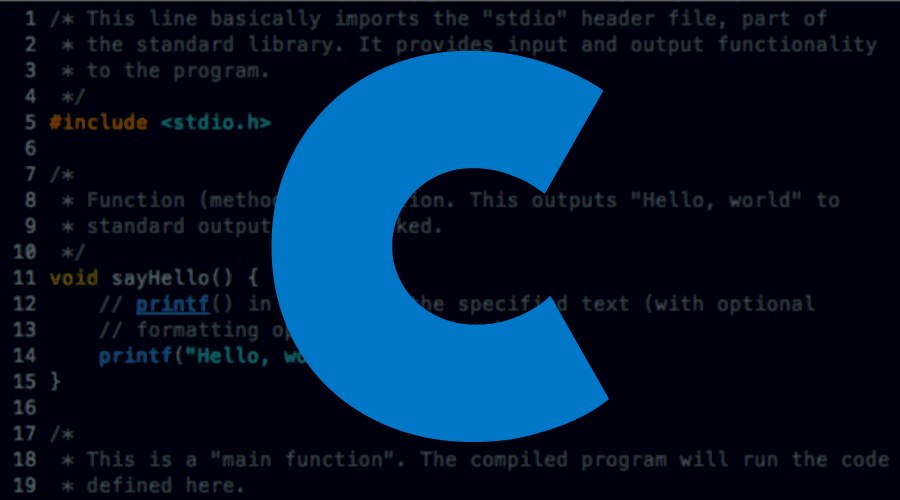The document, legally known as the duces tecum subpoena, forces the Redmond company to produce millions of documents at the request of the defense team.
Microsoft, which has been collaborating with US attorneys in building a massive federal case against Google, has now received a subpoena. The document, legally known as the duces tecum subpoena, forces the Redmond company to produce millions of documents at the request of the defense team. These include emails and other communications from any current or former employees who may have knowledge of how Google operates and competes in search markets around the world. The information will be given to lawyers representing Oracle Corporation – a corporate software company that has filed its own lawsuit against Google for alleged Java patent infringement in developing the Android operating system for mobile devices – but may also be shared with other plaintiffs , including the US government.
With the request for evidence, Google’s opponents are also looking to prove that it behaved like a competition police, coerced mobile device makers to install its applications and pay for them without informing users.
Microsoft, which has collaborated with US attorneys in building a massive federal case against Google, now faces the possibility of being forced to produce millions of evidence. These include emails and other communications from any current or former employees who may have knowledge of how Google operates and competes in search markets around the world. The information will be given to lawyers representing Oracle Corporation – a corporate software company that has filed its own lawsuit against Google for allegedly infringing Java patents in developing the Android operating system for mobile devices – but may also be shared with other plaintiffs, including the US government. With this request for evidence, Microsoft’s opponents seek to prove that Google behaved like a competition police by coercing mobile device manufacturers to install their applications without informing users.
Sources: TheVerge, AndroidGeek.
























